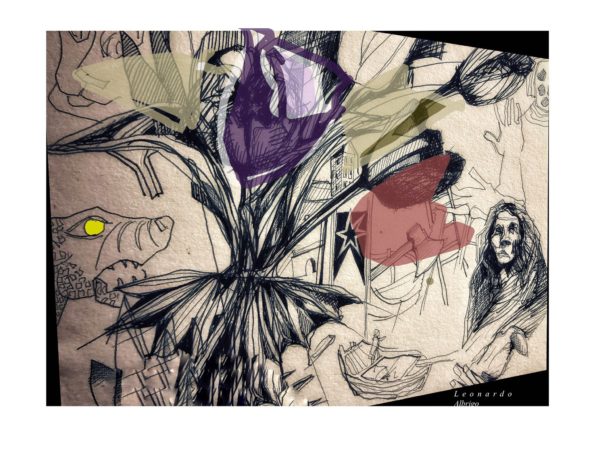Ana Meléndez
Universidad de Valencia (ana.melendez@uv.es)

Abstract: This articles attempts to show how the discovery of the “death drive” is central to understand the Freudian conception of the human condition: to this drive can be attributed the source of destruction that threatens coexistence – when it goes outward – , as much as the possibility of it and a kind of pathological suffering – when it goes inward as a moral conscience. This will guide Freud not only towards a new understanding of trauma, but also towards a novel reinterpretation of social life. In his late work Freud encourages the probability that collective experiences also manage to be preserved by the group in a darkened and disfigured state, being able to break in and become traumatic for a new generation. Regarding the latter, Freud is not only anticipating the use that, since the eighties, is given to the concept of trauma to analyze historical and political phenomena so devastating for the members of a community that strongly mark their memory, transforming their cultural identity. Freud also inaugurates an image of historical time as something that is not apprehended by modern conceptual production.
Keywords: Subject; Trauma; Time; Collective Memory.
